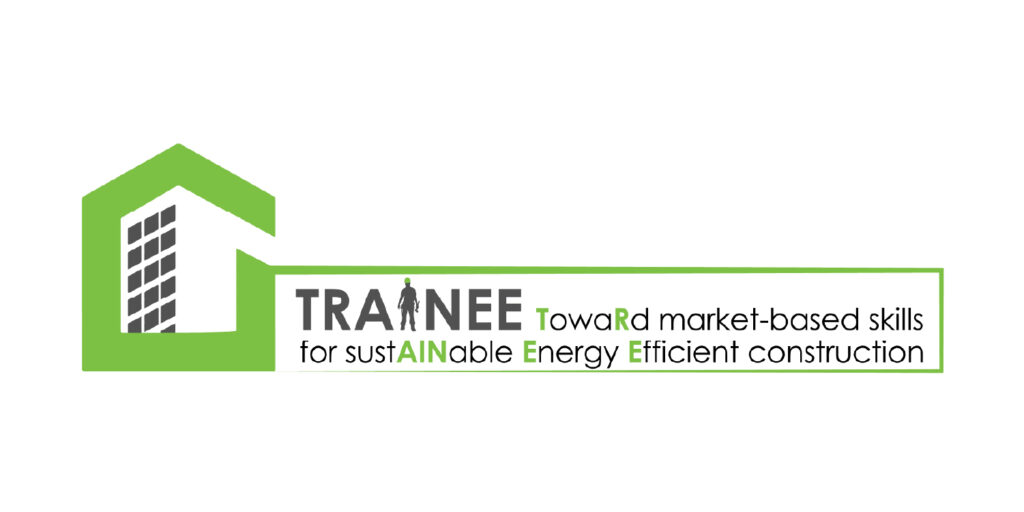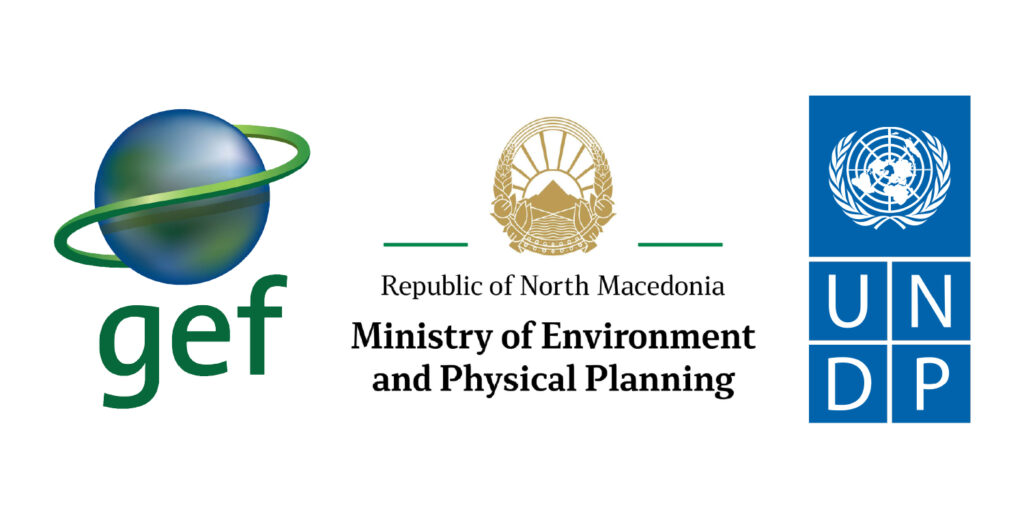IPA
Brief description of the project:
- Safe cross-border transport of dangerous goods
- Priority axis: Environmental protection – transport
- Thematic priority: Promotion of sustainable transport and improvement of public infrastructure
- Specific objective: Improvement of public infrastructure to reduce transport time, safe crossing of borders and promotion of energy efficiency towards green transport
| PROGRAM TO APPLY TO: | INTERREG IPA CBC ProgrammeGreece – The former Yugoslav Republic of Macedonia 2014-2020 |
| PROJECT NAME WITH ACRONYM: (in English) | Safe Cross-Border Transportation of Hazardous Materials: Orphan Radioactive Sources |
| NAME OF THE PROJECT WITH ACRONYM: (in Macedonian language) | Сигурен прекуграничен транспорт на опасни материи – СТРАС |
| DURATION: | 2 years |
| EU PARTNERS: | Alexander – Technological Institute of Thessaloniki, R. Greece Hellenic Commission for Atomic Energy, R. Greece Aristotle University of Thessaloniki, R. Greece |
| PARTNERS FROM RM: | Directorate for Protection and RescueUKIM – Faculty of Mechanical Engineering – SkopjeEngineering Institution of Macedonia |
| Project Manager for IMI | Dr. Milorad Jovanovski, full professor |
The basic idea of the project arises from the increasing concern of the international community about the so-called dirty bomb and its production by terrorist groups. This problem becomes very topical especially after the terrible terrorist attacks in Brussels and the reports showing that they were working on collecting radioactive materials for the production of a dirty bomb.
Since 2004, Greece and the Republic of Macedonia have installed a radiation monitor on their mutual border, in case such a development needs to be prevented.
The problems in the cooperation between the two sides are in the procedures and methods of cooperation, which sometimes causes delays in the procedures for the transportation of cargo goods. It is known that one of the biggest problems facing developing countries is the transportation of radioactive goods, especially illegal transportation of radioactive material.
The project deals with green transport and one of the biggest challenges is reducing the risks associated with pollution from hazardous substances.
The project has set an idea and goal towards establishing an open data concept for improving free communication between partners, establishing easy access to the necessary information.
Challenges we have to face are:
- Proposals and implementation of several ways to detect and localize radioactive sources in cargo transport and vehicles crossing the border, using a combination of measures and equipment;
- It predicts the possible risks of accidents with hazardous waste. To propose good engineering practices in the way of transportation that can reduce the risks during transportation and pointing out
- dangerous places in the border regions.
- To protect people from radiological radiation after dealing with dangerous accidents. To carry out a risk assessment of the personnel involved and the potential dispersion of contamination.
- To establish an open line of communication between the two parties.
- To establish protocols for urgent response in certain cases.
The main groups targeted by the project are: customs, border police, drivers, active citizens, groups dealing with public health, local communities, etc.



